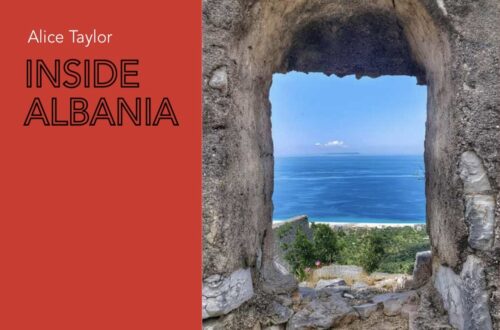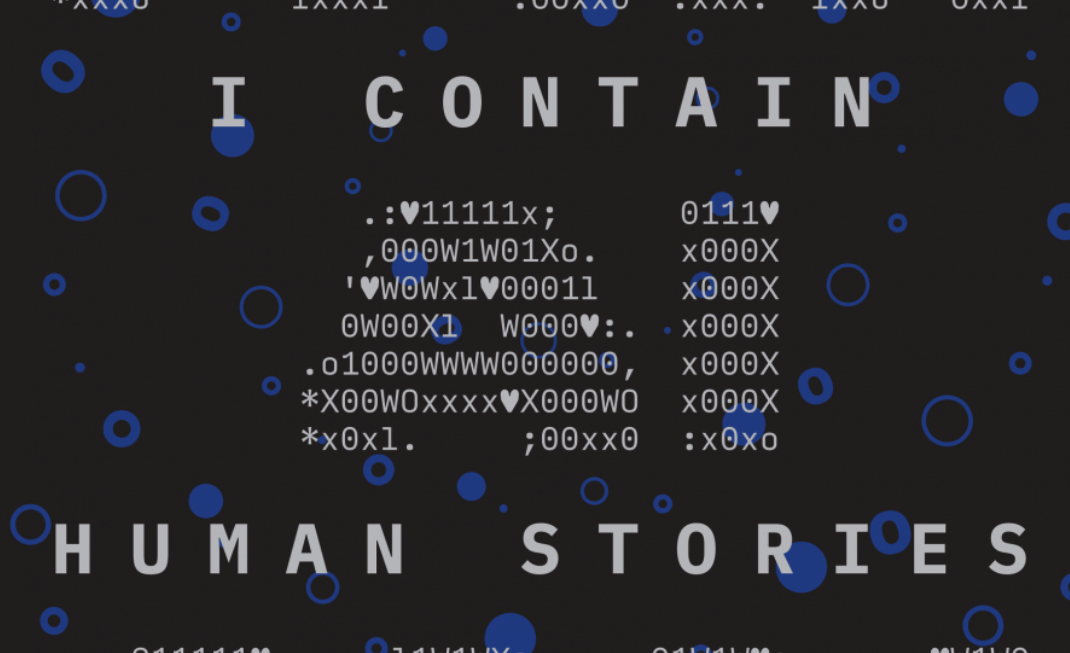If you don’t recognise Franko Dinaj’s name, then you will certainly recognise his work. Franko is an artist, and a graffiti artist whose large, colourful, and social motivated pieces are present all over the city.

From an early age, Franko immersed himself in his passion for art, and by the age of six his family had also realised his talent and they enrolled him in art classes so he could pursue his gift. When he got older, he left his home town of Vlore and moved to Tirana to enrol at the Academy of Art at the University of Tirana he faced stiff competition and was one of only 20 students to get a place. Over the years he was won many competitions for his art work including “Born in the 90’s”- a competition encouraging artists and writers to create work that reflected life in 90s Albania. Art is everything to Franko- he lives, breathes, and exists for it and his sister tells me laughing, that it is all he ever wants to talk about- much to her exasperation.

Franko then started to take his arts to the street. Seeking out blank walls and dilapidated spaces, he would venture out in the dead of night to paint his art and he would learn the patrol patterns of the local police so he would be able to paint without risking arrest. Despite his caution and the precautions he took, he still ran into the law who instead of arresting him would chastise him and ask him to move on. Then in an extraordinary turn of events, two years ago the municipality of Tirana hired him as a full-time artist.
.
Appreciating the beauty in his work and the way that it brought colour and life to the areas he chose, they employed him to continue his work legally and to paint with permission across the city. I find this encouraging and inspiring- that instead of punishing his talent and confidence, the municipality have found a way to nurture it and to allow his work to flourish. Of course, each piece he does has to be formally proposed and approved by the government, but Franko tells me that if they say no, he does it anyway just on his own time and with his own materials instead. He is completely clear that as an artist, he does not believe in censorship and the messages that he wants to express must be expressed loudly and clearly- with or without permission.

When I ask him about the themes that are present in his work, he speaks about issues with crime, poverty, corruption, pollution, and the general malaise of much of the population. He explains that he uses a lot of imagery of children in his work, because ultimately, if things do not change these are the ones that will suffer. Also he explains that by making the younger generation understand the messages he is portraying it will be an important step in helping to heal the wounds that Albania still has. Whilst the social messages he paints are somewhat negative, the colours he uses and the style in which he paints, presents it in a vibrant and accessible way. He paints with his tongue in his cheek and with an underlying feeling of satire and black humour, and it really shows.

He believes that there is so much beauty and colour around us but people have become so preoccupied with their problems and the negative things in their lives that they are only seeing in black, white and grey. They stay glued to their smartphones, stressing about the hand that life has dealt them, and they forget the little things that can bring happiness and relief from the monotony of day-to-day life.
The conversation then shifts to how his art is perceived, and the artistic community in Tirana. Franko tells me that the municipality is looking for more artists to take part in similar projects yet no one wants to take them up on the offer. He believes that the youth in Albania today are so preoccupied with getting out of the country to chase the dream of making their fortune abroad, that no one is interested in staying behind and bettering their home country. This frustrates him and he hopes that through painting his pieces he can inspire others to not be afraid to express themselves as well as to encourage them to remain in Albania. He wants to make people see art as a catalyst for change and as a social tool that can help to create a better society. Through appreciating beauty, as well as creating it, he wants to show people that they can bring more happiness into their lives and that by expressing how they feel and the frustrations that they have, big changes can be achieved.
It seems that the years of social, expressive, and artistic suppression are still taking their toll on the Albanian public. People are habituated with not speaking up, they are afraid to express themselves and what they really think, and art is not considered as a noble or serious profession. Franko hopes to be a part of changing this and he says that his work has two messages; a) the social messages such as corruption, pollution, and violence, and b) the need for people to discover their hidden creativity and not be afraid to express it.
Meeting with Franko was a fascinating experience and I truly admire not only the dedication to his work, but his passion for his country and the wish to make it a better place through the medium of beautiful and thought provoking art.
Follow The Balkanista!


